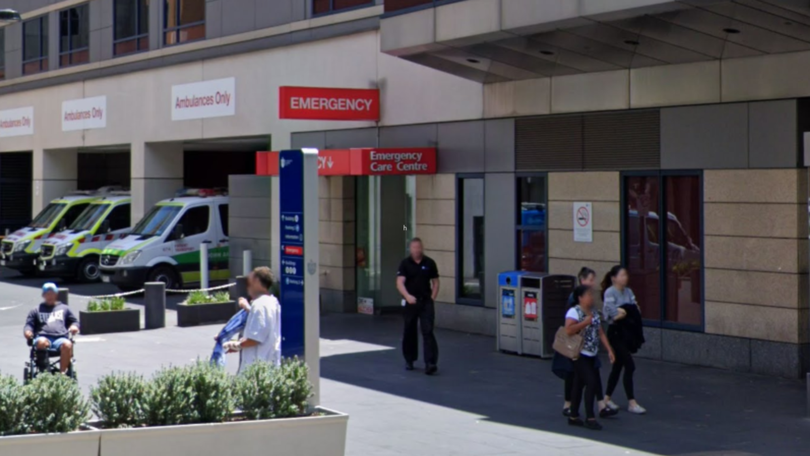Experts highlight the importance of recognising heart attack symptoms in women before it’s too late
The woman died in the emergency department after she was misdiagnosed.

Heart attacks can present differently in women so it’s important health practitioners and patients learn the signs before it’s too late, experts say.
Sheila Marion Quairney, 68, presented to Melbourne’s St Vincent’s Hospital on the evening of April 2, 2023, with symptoms of nausea, vomiting and pain in her upper abdomen.
She died hours later from a heart attack that was misdiagnosed as an adverse reaction to codeine.
Sign up to The Nightly's newsletters.
Get the first look at the digital newspaper, curated daily stories and breaking headlines delivered to your inbox.
By continuing you agree to our Terms and Privacy Policy.Victorian Coroner Audrey Jamieson found St Vincent’s had failed to consider and identify that Ms Quairney was experiencing a heart attack during her admission.
The 68-year-old had gone to the hospital’s emergency department a day after she fell and struck her ribs while using a stationary bike.
She had taken pain medication including codeine but her pain increased, and the nausea and vomiting began.
Quairney’s vital signs and breathing were normal when she first presented at hospital and two clinicians determined her symptoms were likely caused by an adverse reaction to codeine.
But her condition deteriorated and she went into cardiac arrest while she was having an intravenous cannula inserted.
The doctors performed CPR but she could not be revived and Quairney died about 4.45am on April 3, 2023.
An autopsy confirmed Quairney had died from a heart attack and her nausea and vomiting were early signs of her heart failing.
Jamieson found St Vincent’s had missed Quairney’s diagnosis but she commended the hospital on its response in the years after her death.
“(I) find that it has appropriately identified the factors which led to the missed diagnosis,” the findings read.
The coroner recommended St Vincent’s and the Australasian College for Emergency Medicine consider adopting Quairney’s story as a case study to highlight the importance of comprehensive assessments and identifying atypical heart attack symptoms in women.
A St Vincent’s spokesperson told AAP the hospital was reviewing the report and would formally respond to the court on the recommendation.
“St Vincent’s takes the coronial investigation process very seriously and has engaged thoughtfully and openly with the coroner,” the statement read.
“Our focus is on improving the quality of care, always.”
For reasons still unknown, women often present with different heart attack symptoms to men, Victor Chang Cardiac Research Institute director Jason Kovacic said.
Most heart attack patients experience crushing chest pain but women also suffer symptoms like shortness of breath, nausea and even jaw pain.
“Those differing symptoms, and sometimes they can be confusing symptoms, is one of several reasons why occasionally these heart attacks in women can be missed,” he told AAP.
Women can also be quick to brush off their own symptoms and busy health practitioners can miss the signs, Kovacic said.
“Doctors are getting better at recognising these unusual presentations of heart attack,” he said.
“But it can be very difficult in a busy emergency room with lots of patients to look after and unusual symptoms.”
Heart Foundation Senior Manager Healthcare Programs and Clinical Strategy Natalie Raffoul said women needed to be aware of these different signs and to call triple zero if experiencing any of them.
Early prevention was also key because the risk of a heart attack builds over decades of inaction, Raffoul said.
She urged women to go to their GP and undergo a 20-minute heart health check.
Women’s heart attack symptoms
* Back, neck or jaw pain or tightness
* Burning sensation in the chest, similar to heartburn
* Chest discomfort
* Dizziness and lightheadedness
* Vomiting and nausea
* Fatigue
* Shortness of breath
* Sweating
Men’s heart attack symptoms
* Chest pain or discomfort
* Shortness of breath
* Nausea
Originally published on AAP
